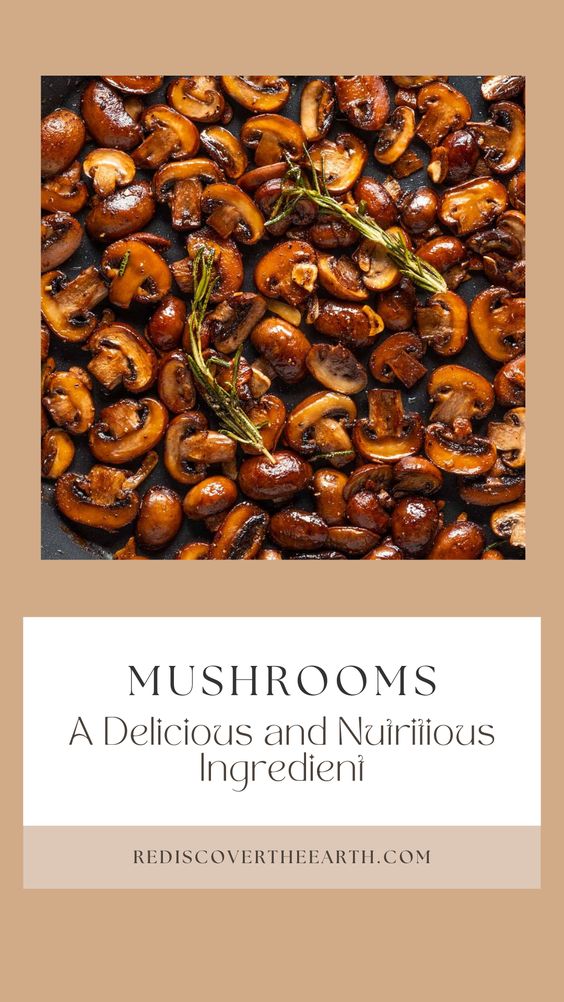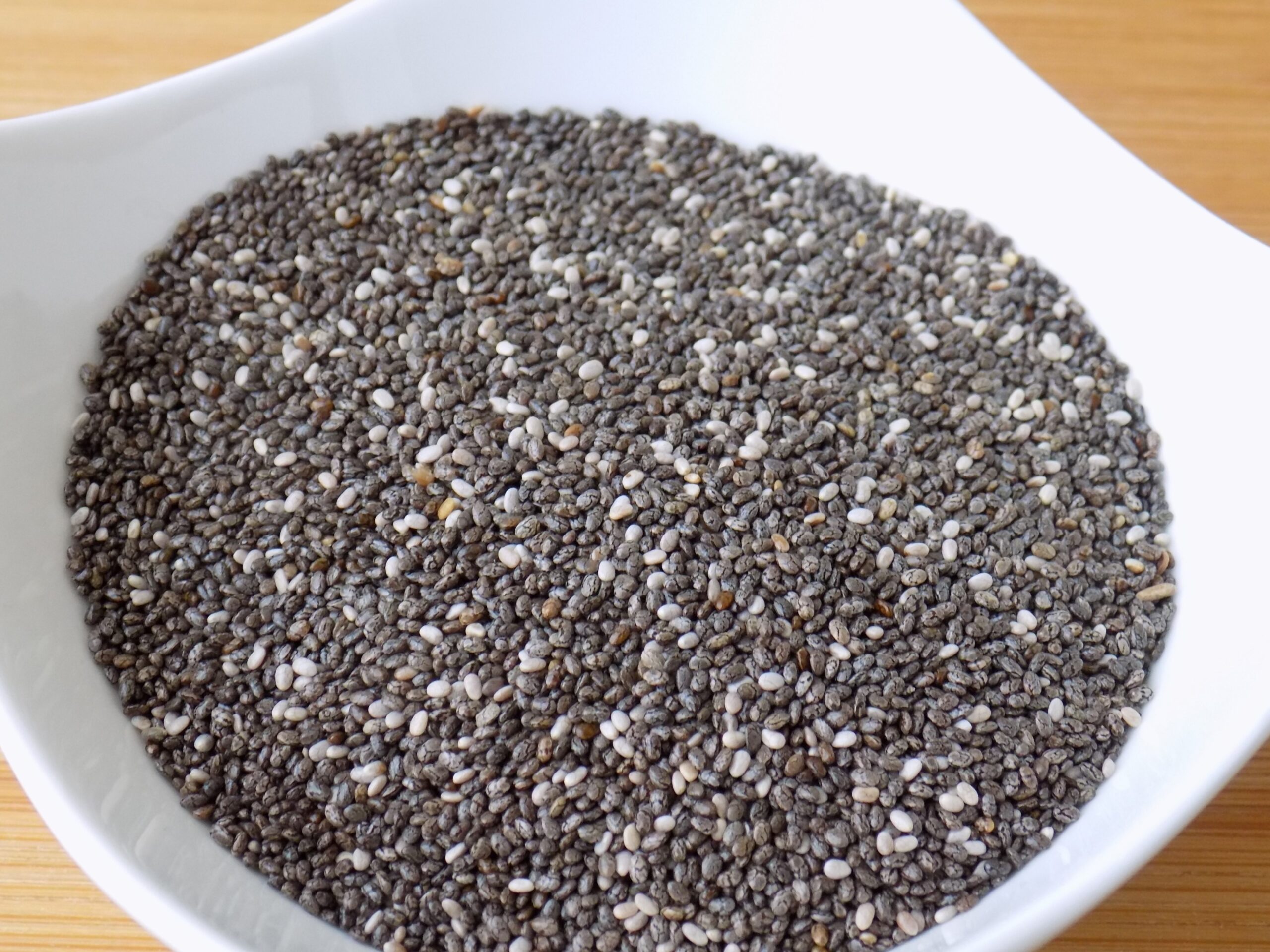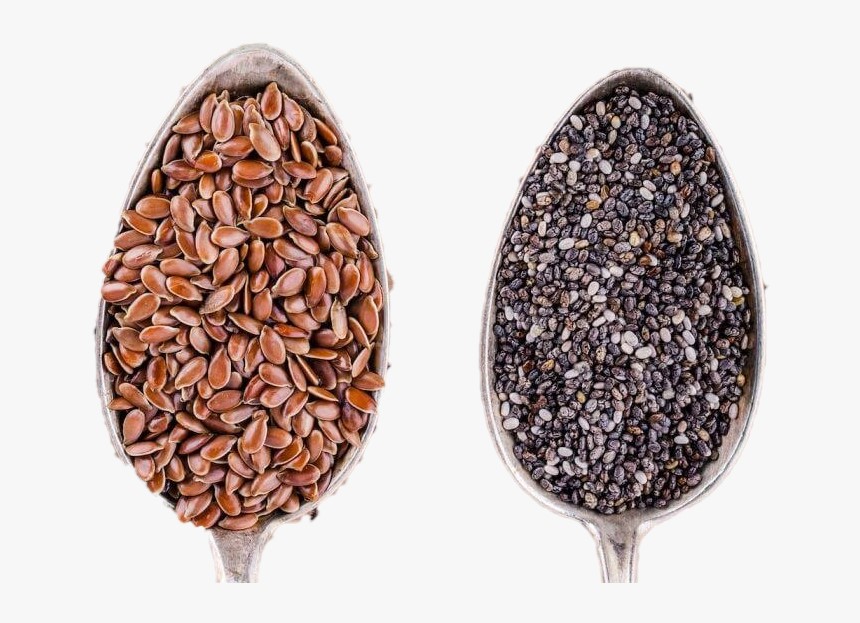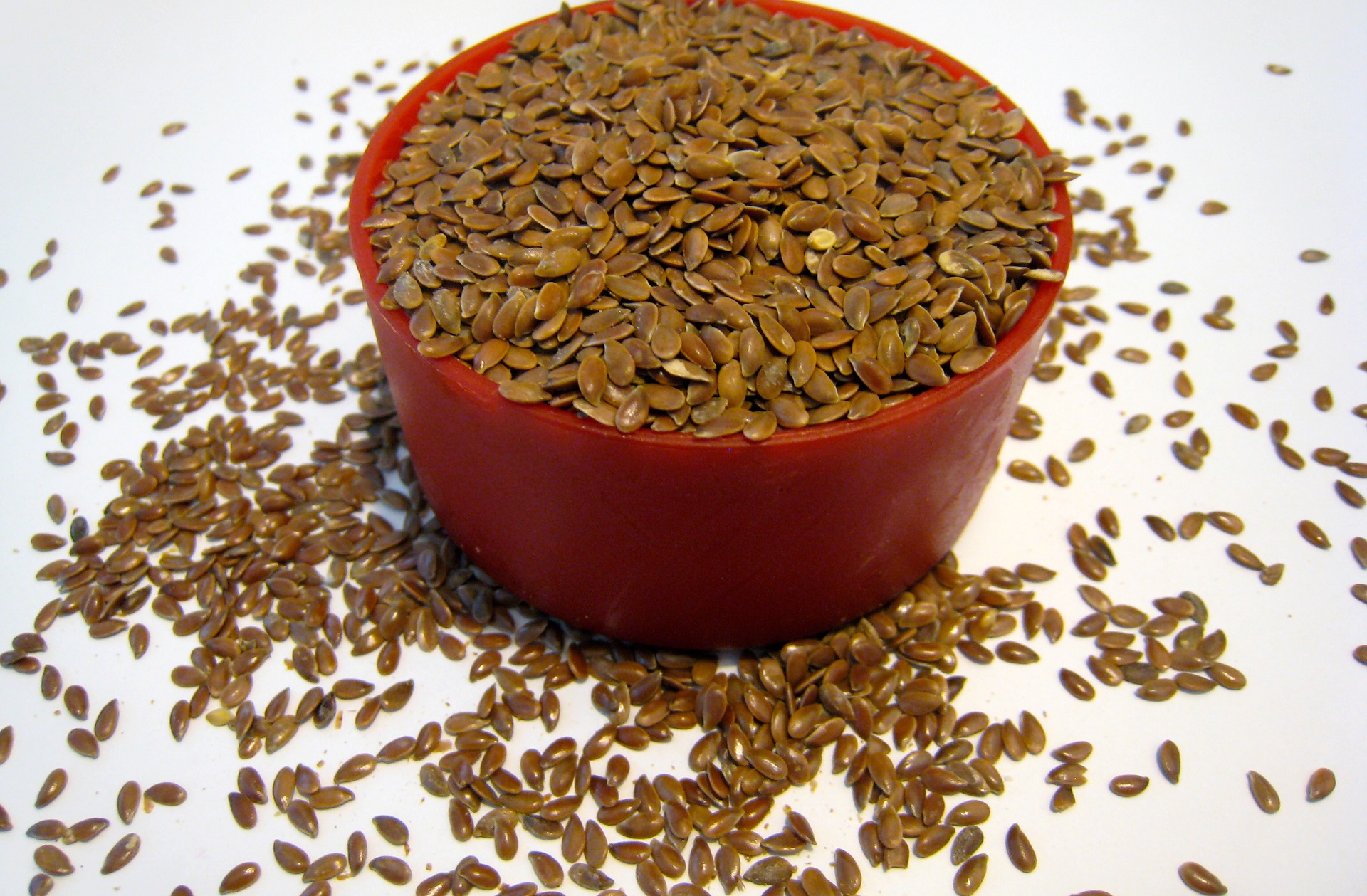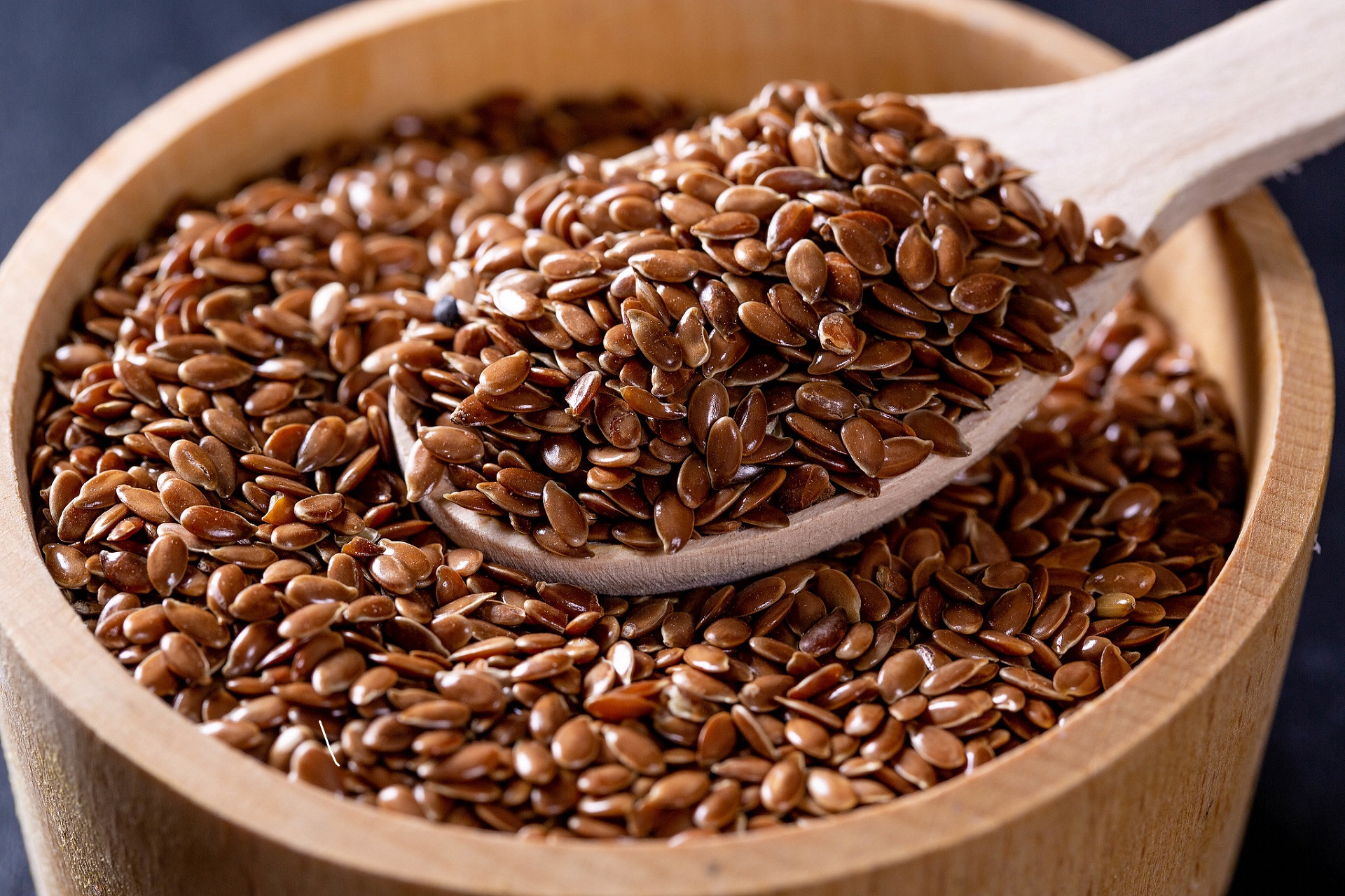Mushrooms are a type of edible fungi that have been enjoyed for their unique flavor and nutritional benefits for thousands of years. They come in a variety of shapes, sizes, and colors, and can be found all over the world. Mushrooms are a great addition to a healthy diet, as they are low in calories, high in fiber, and packed with essential vitamins and minerals. Not only do they taste great, but they also offer a range of health benefits, from boosting the immune system to promoting heart and bone health. So, as the topic says Mushrooms-A Delicious and Nutritious Ingredient it has both nutrient and health benefits.
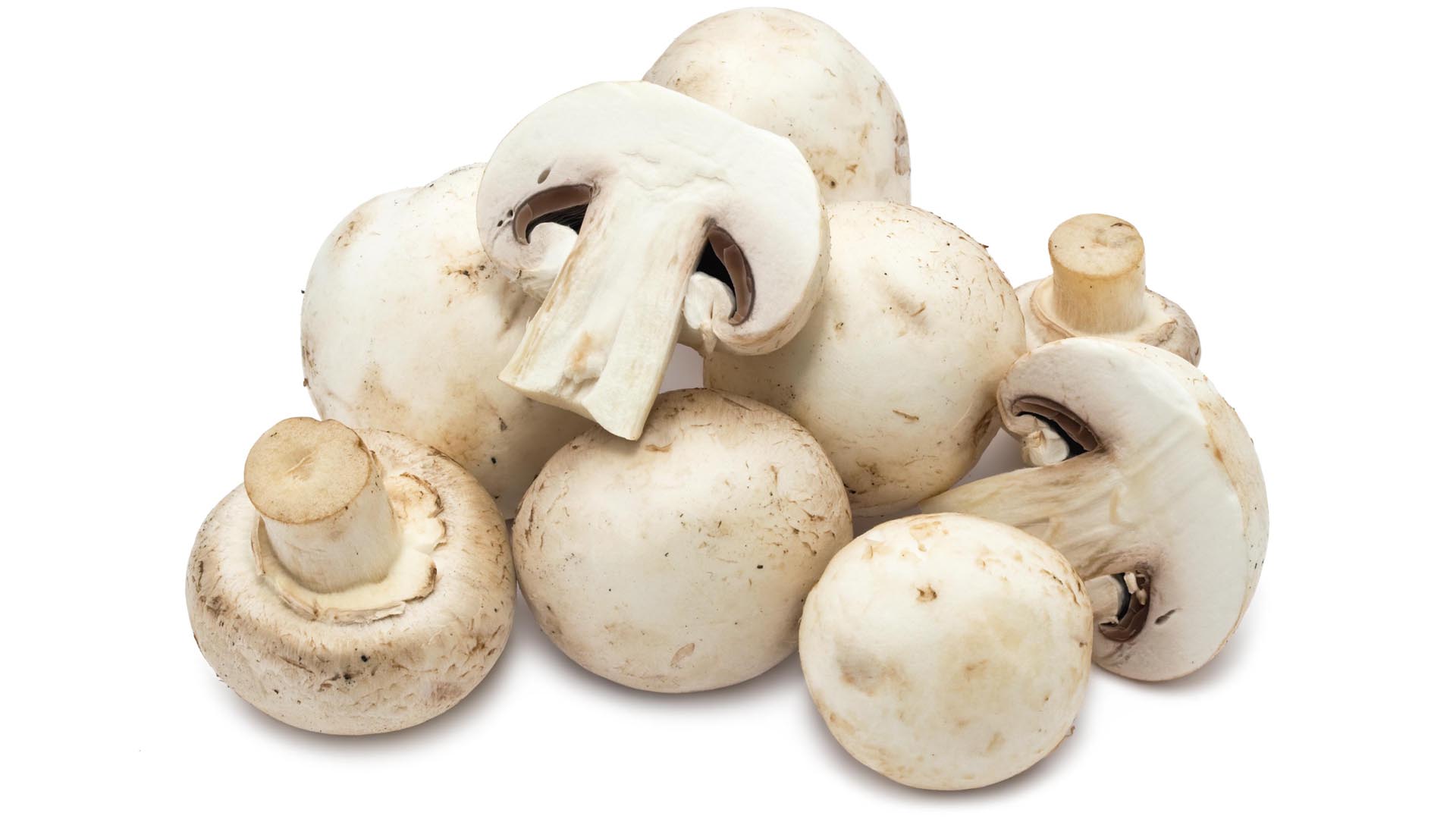
Mushrooms are a versatile and flavorful ingredient that can add depth and richness to a wide variety of dishes. Not only do they add a unique umami flavor, but they also provide many health benefits, making them a valuable addition to any diet. Here are some things to know about mushrooms:
Nutritional Benefits of Mushrooms
Mushrooms are a unique type of fungus that can provide numerous health benefits. They are low in calories, fat-free, cholesterol-free, and contain several essential nutrients. Here are some nutrient benefits of mushrooms
Rich in Vitamin D
- Mushrooms are the only vegetable source of vitamin D.
- This vitamin is essential for maintaining strong bones, teeth, and overall health.
- Vitamin D also helps the body absorb calcium, which is necessary for bone growth.
Low in calories
- Mushrooms are low in calories and fat, making them a great choice for those looking to maintain a healthy weight.
Fiber
- They are also high in fiber, which can help promote digestive health and keep you feeling full.
Good source of B Vitamins
- Mushrooms are a good source of B vitamins, including riboflavin, niacin, and pantothenic acid.
- These vitamins help the body convert food into energy, maintain healthy skin and nerve function, and support the immune system.
Low in Sodium
- Mushrooms are naturally low in sodium, making them a great choice for people who need to follow a low-sodium diet.
- Consuming too much sodium can lead to high blood pressure, which is a risk factor for heart disease and stroke.
Contains Minerals
- Mushrooms contain several essential minerals, including potassium, copper, and selenium.
- Potassium helps regulate blood pressure, copper is necessary for the production of red blood cells, and selenium plays a role in maintaining a healthy immune system.
Good for Digestive Health
- Mushrooms are a good source of dietary fiber, which helps promote digestive health.
- Fiber can help prevent constipation and regulate blood sugar levels. Additionally, mushrooms contain prebiotics, which are a type of fiber that feed the beneficial bacteria in the gut.
So incorporating mushrooms into your diet can provide numerous health benefits due to their high nutrient content from their vitamin D content to their antioxidants, B vitamins, and fiber, mushrooms are a delicious and nutritious addition to any meal.
Health Benefits of Mushrooms
Mushrooms are a low-calorie food packed with essential nutrients that can provide several health benefits. They have the ability to boost the immune system, fight inflammation, and help prevent chronic diseases such as cancer and heart disease. Mushrooms have also the anti-aging properties.
Boost Immune System
- Mushrooms contain beta-glucans that stimulate the immune system to fight infections and diseases.
Rich in Antioxidants
- Mushrooms are rich in antioxidants such as ergothioneine, which helps to protect the body from oxidative stress.
- Mushrooms are rich in antioxidants, which can help fight free radicals that contribute to premature aging.
- Specific antioxidants found in mushrooms, such as ergothioneine and glutathione, can protect the skin and reduce the appearance of fine lines and wrinkles.
- Beta-glucans found in mushrooms can support a healthy immune system, which can help protect against age-related diseases.
- The high levels of copper and vitamin D found in mushrooms can also help support healthy aging by promoting bone health and aiding in the absorption of calcium.
- The anti-inflammatory properties of mushrooms can help reduce inflammation in the body, which is associated with many age-related diseases.
Good for Heart Health
- Mushrooms contain potassium and copper that promote cardiovascular health by maintaining blood pressure and a steady heartbeat.
Promote Bone Health
- Mushrooms are the only plant source of vitamin D, which is necessary for healthy bone growth and development.
Lowers Cholesterol Levels
- Mushrooms contain beta-glucans that lower cholesterol levels and reduce the risk of heart disease.
Anti-Cancer Properties
- Mushrooms contain beta-glucans, which have anti-cancer properties that prevent the formation of tumors and the growth of cancer cells.
Help with Weight Management
- Mushrooms are low in calories and high in fiber, making them an excellent food for weight management.
So it is clear that mushrooms are a nutritious and versatile food that can provide numerous health benefits. By adding mushrooms to your diet, you can support your immune system, promote heart and bone health, and potentially reduce the risk of cancer and heart disease.
Varieties
There are many different varieties of mushrooms, each with their own unique flavor and texture.
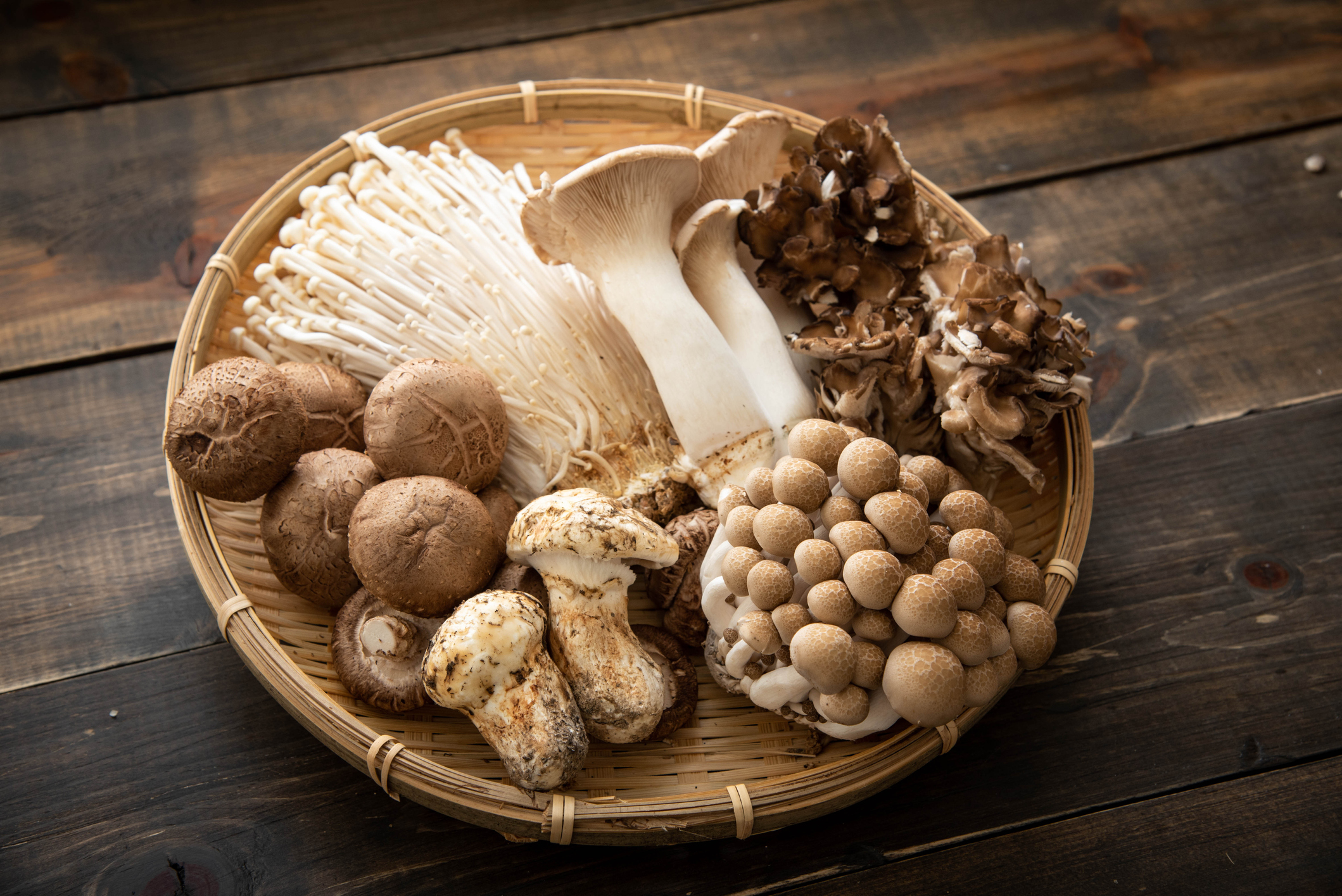
- Some popular varieties include shiitake, portobello, cremini, and button mushrooms.
- Certain types of mushrooms, like shiitake and maitake, contain compounds that can help regulate blood sugar and cholesterol levels, promoting overall health and longevity.
- Each variety can be used in different ways, such as in soups, stews, stir-fries, or as a meat substitute in vegetarian dishes.
Delicious Mushroom Recipes
Mushrooms are a versatile ingredient that can be used in a variety of dishes, from appetizers to entrees. Here are some delicious mushroom recipes to try
- When cooking mushrooms, it’s important to clean them thoroughly to remove any dirt or debris.
- Mushrooms can also be used as a topping for pizza or mixed into pasta dishes for added texture and flavor.
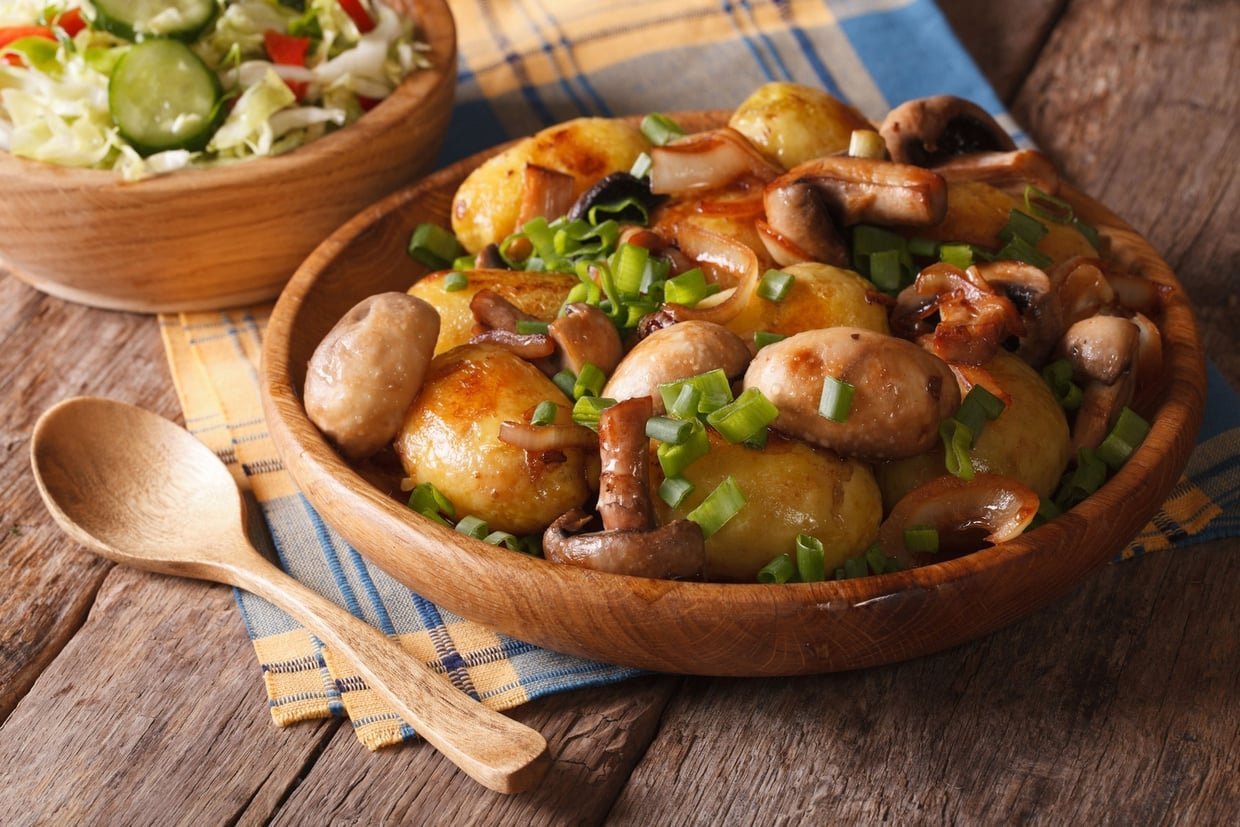
Mushroom and Garlic Bruschetta
- Sauté sliced mushrooms and garlic in olive oil.
- Toast slices of bread and top with the mushroom mixture.
- Garnish with fresh herbs and grated Parmesan cheese.
Creamy Mushroom Soup
- Sauté mushrooms, onion, and garlic in butter.
- Add vegetable broth and simmer until tender.
- Blend the mixture until smooth, then stir in cream.
- Garnish with fresh herbs and croutons.
Mushroom Risotto
- Sauté sliced mushrooms, onion, and garlic in olive oil.
- Add Arborio rice and stir until coated in the oil.
- Gradually add chicken broth and white wine while stirring.
- Stir in Parmesan cheese and fresh herbs before serving.
Stuffed Mushroom
- Remove the stems from mushroom caps and set aside.
- Sauté garlic and onion in olive oil, then add chopped mushroom stems and cook until tender.
- Mix the mushroom stem mixture with breadcrumbs, Parmesan cheese, and herbs.
- Stuff the mixture into the mushroom caps and bake until tender.
Grilled Portobello Mushroom Burger
- Marinate Portobello mushrooms in balsamic vinegar, olive oil, and herbs.
- Grill the mushrooms until tender and lightly charred.
- Serve on a toasted bun with toppings like lettuce, tomato, and cheese.
So, it is clear that mushrooms are a versatile ingredient that can be used in a variety of delicious recipes. From a simple appetizer to a hearty entree, there are plenty of ways to enjoy the rich flavor and health benefits of mushrooms. whether looking to add more vegetables in our diet or trying to find a meat substitute for vegetarian dishes, mushrooms are a versatile and flavorful ingredient that are worth incorporating into your cooking routine
